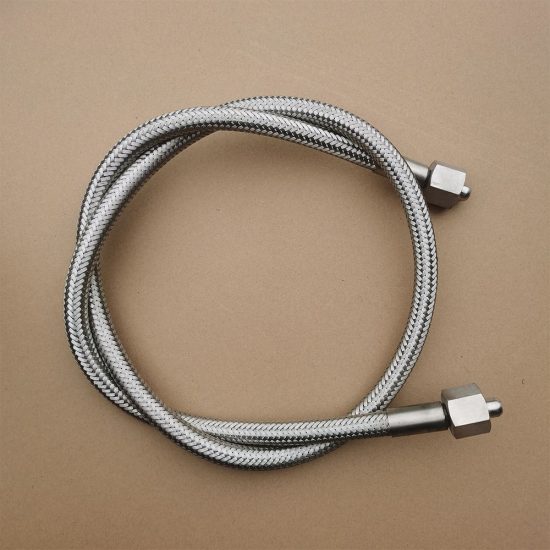The transition from using hoses to hydraulics has revolutionized various industries by offering more efficient, precise, and powerful mechanisms for transferring energy and controlling machinery. Here are several applications where hydraulics have replaced or enhanced traditional hose systems:
- Construction Equipment: Hydraulics are extensively used in construction machinery like excavators, bulldozers, cranes, and loaders. They provide the necessary force and precision required for lifting heavy materials, digging, and manipulating various elements on construction sites.
- Aerospace Industry: Aircraft and spacecraft use hydraulic systems for various functions, including landing gear operation, wing flap control, steering mechanisms, and braking systems. Hydraulics offer reliability and high force capabilities in these critical operations.
- Automotive Sector: Many vehicles utilize hydraulic systems for power steering, braking, and transmission. Hydraulic brakes, for instance, offer better control and reliability compared to traditional systems.
- Manufacturing Machinery: Hydraulics are integral in industrial machinery like presses, injection molding machines, and metalworking equipment. They provide precise force and control for shaping materials and creating complex components.
- Agricultural Equipment: Tractors, harvesters, and other farming machinery often rely on hydraulics for functions such as lifting and lowering implements, controlling steering systems, and powering various attachments.
- Maritime Industry: Hydraulic systems are used in ship and boat mechanisms for steering, cargo handling, and even in offshore drilling operations, owing to their ability to withstand harsh marine environments.
- Material Handling: Forklifts, conveyors, and other material handling equipment use hydraulics to lift heavy loads, move materials efficiently, and control movements precisely.
- Mining and Excavation: Hydraulics are crucial in mining machinery, such as drills, shovels, and loaders, enabling powerful digging and material extraction in demanding environments.
- Renewable Energy: Hydraulic systems play a role in various renewable energy applications like hydroelectric power generation, where they control water flow to generate electricity.
- Medical Equipment: Some medical devices, like certain types of hospital beds or surgical equipment, use hydraulic systems for adjusting height, tilt, or position, providing comfort and ease of use for medical professionals.
Hydraulics offer advantages such as high power density, precise control, and the ability to transmit power over long distances efficiently. These features have made them a preferred choice in numerous applications across diverse industries, replacing traditional hose-based systems in many instances.

